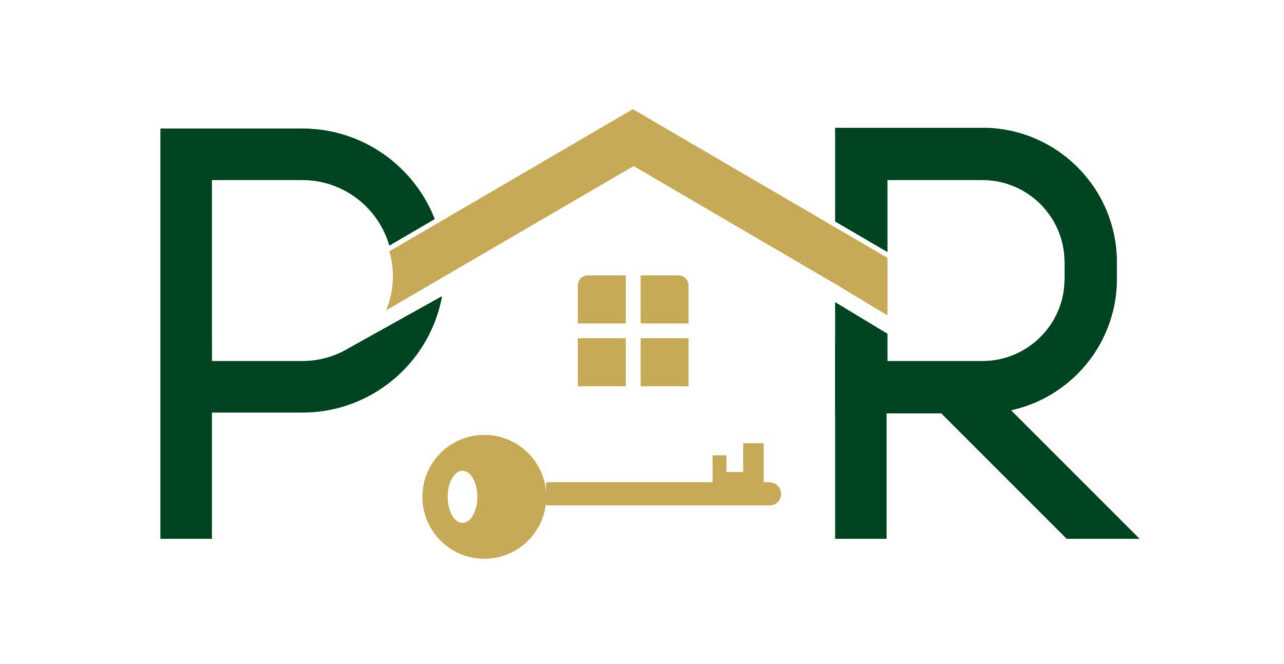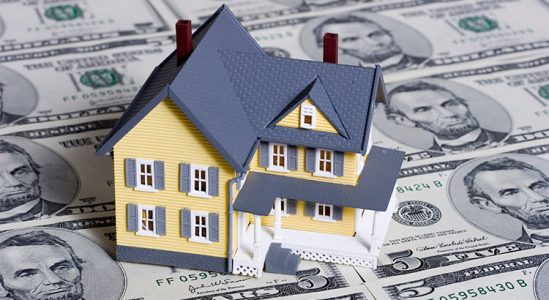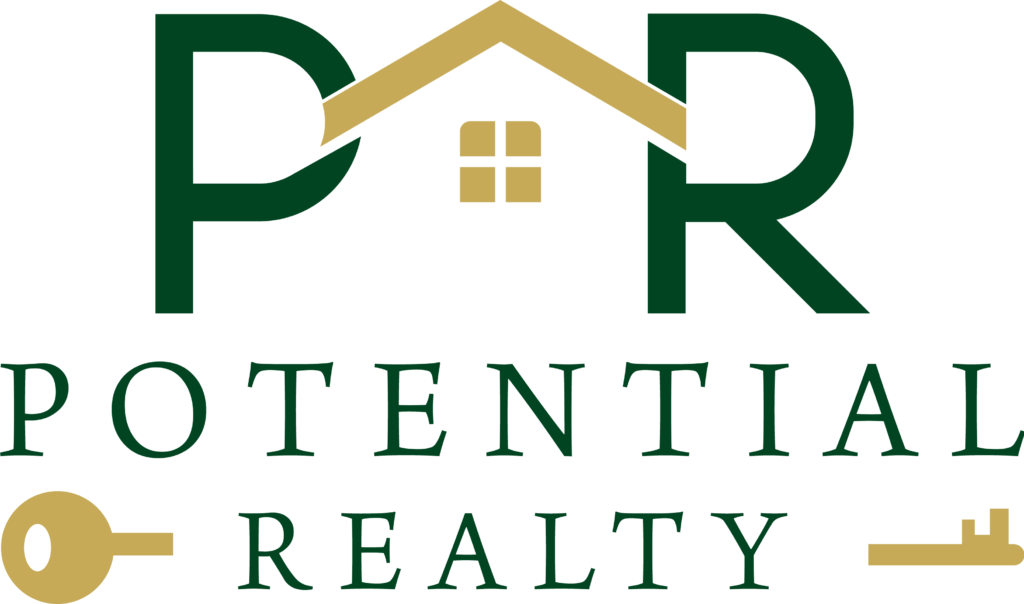Before you purchase your next investment property, there are a number of factors you should consider. The following list of questions will help you begin to zero-in on the best investment property for you. Keep in mind, there isn’t just one correct answer. Pick the answers that best fit you and your goals. So here are the questions you will want to consider…
1. What type of tenant would you like to provide housing to?
Knowing your specific target tenant is essential in your investment. Are you targeting snowbirds, college students, young families, 55 and over or military families.
2. What type of property fits your target tenant?
If you are targeting snowbirds, they probably don’t want to purchase a third-floor condominium that doesn’t have an elevator. If you’re targeting college students, they might not be looking for a house with granite countertops, high maintenance landscaping, high end custom carpets and expensive upgrades. Make sure the house matches the target market of potential renters.
3. What physical attributes of the property are important to your target tenant?
A fenced yard may be important for the target tenants if it is a pet friendly home. Maybe a swimming pool is not something you are interested. Perhaps having a home with a lake view would be great fit. Tile flooring may be a better choice than carpet to reduce the potential for damage to the flooring.
4. Where should you buy the property?
This is sometimes easier to think of in terms of the process of elimination. In other words, if you want to target college students, 55+, age restricted communities can be eliminated. You may also want to eliminate properties that are more than a one-mile radius from the university. By the same token, an older couple seeking a quiet area may not want to live anywhere close to the college campus.
5. How do you evaluate whether or not it’s a good deal?
There are many methods used to evaluate what a “good deal” is. You may be using a cap rate, return on investment, cash flow, gross rent multipliers or anticipated appreciation. Whatever you choose, be sure to stick to it and don’t consider a property that doesn’t fit your financial model.
Sounds pretty simple right? Well, these five questions should at least help get you pointed in the right direction. Don’t forget, as part of your due diligence, be sure to contact us to provide rental comps for the prospective property BEFORE you purchase it. If you realize after you purchased the property that it will rent for $1,100 versus the $2,000 that you plugged into your financial model, you probably won’t be a happy camper. If everything comes together in the end, my bet is that you buy another rental property and begin to build a portfolio of real estate.
Bottom Line
To learn more, let’s connect today and make sure you have a trusted property manager so you’re able to make an informed decision if you’re planning to buy an investment property.


